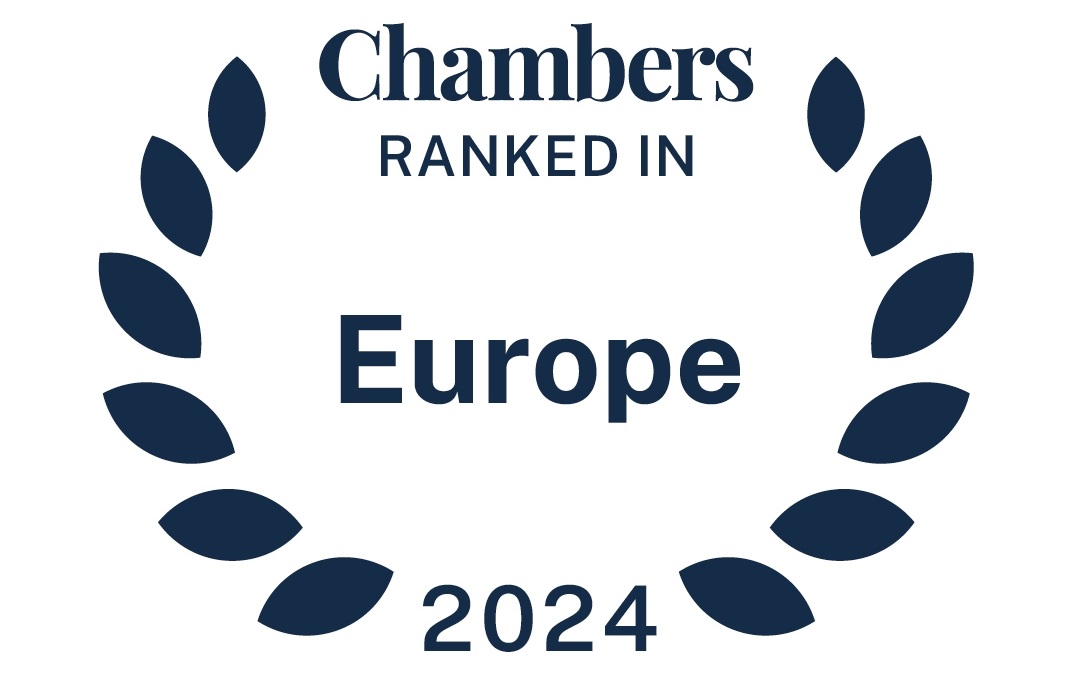Two major legislative initiatives, currently under parliamentary review, will reshape the compliance landscape for companies operating in Italy:
- The implementation of Directive (EU) 2024/1226 (Directive), introducing criminal offenses for breaches of EU restrictive measures and integrating them into the framework of corporate criminal liability
- The comprehensive reform of Legislative Decree 231/2001 (231 Decree), aimed at revising the regime governing the liability of legal entities for crimes committed by their managers or employees in the interest or for the benefit of the company
Taken together, these developments will significantly change the Italian corporate compliance environment. On one side, compliance with international sanctions would become even more critical, not only because the scope of restrictive measures continues to expand but also because breaches may now trigger criminal liability for both individuals and companies. This also makes sanctions compliance a key component of any effective organizational model under the 231 Decree. On the other side, companies expect the upcoming reform of the 231 Decree to realign corporate criminal liability with international standards, enhancing its preventive and dissuasive function rather than its purely repressive dimension. As a result, the structure of organizational models, the role of [...]
Continue Reading
read more


 Subscribe
Subscribe


